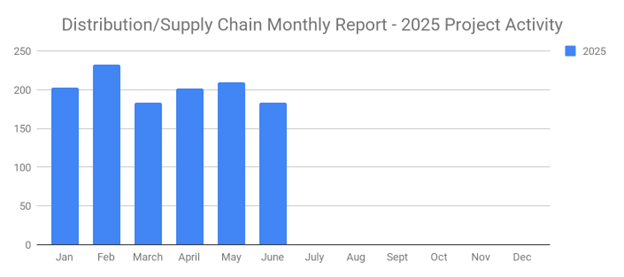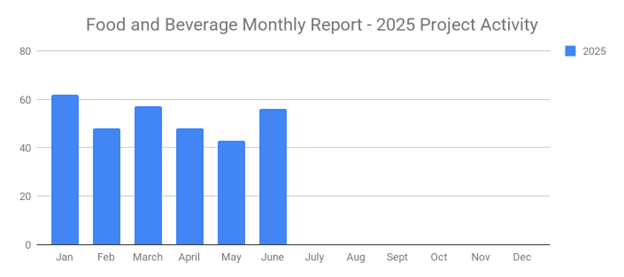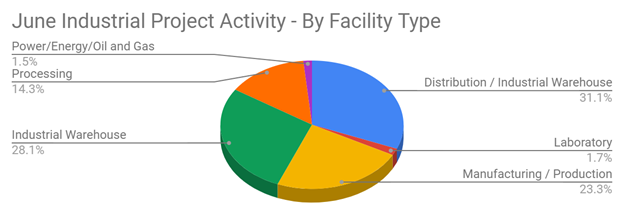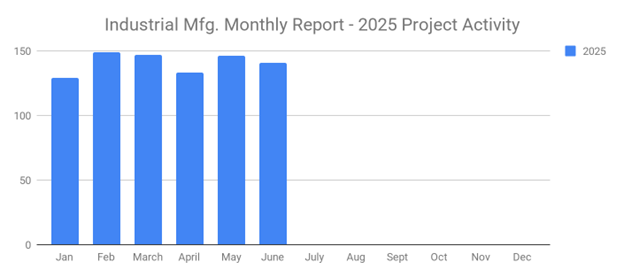
Lead segmentation is a highly effective B2B tactic for increasing conversion rates. According to a study conducted by Jupiter Research, B2B companies that segment their leads generate three to four times as many leads as their counterparts. Unless you're familiar with this tactic, though, you might be wondering how it works. Below, you'll find a breakdown of the B2B tactic known as lead segmentation.
What Is Lead Segmentation?
Lead segmentation is a B2B tactic that involves grouping leads by specific criterion. Whether you harvest leads manually or buy them from a professional lead generation vendor, you can segment them. Instead of keeping them all grouped together, you can place them in specific groups based on various factors.
Many B2B companies, for example, segment their leads by job role. They realize that high-level leads, including C-suite executives, are more likely to buy their products or services than lower-level leads. Therefore, they segment their leads by job title. You can place all your B2B company's high-level leads in one group and all its lower-level leads in another group. This is just one of many ways to perform lead segmentation.
Here are some of the different criterion by which you can segment or group your B2B company's leads:
- Job title
- Length of job tenure
- Industry
- Location
- Company revenue
- Company size
- Acquisition channel
- Date or acquisition
Why Lead Segmentation Is Effective
By segmenting your B2B company's leads, you'll be able to create stronger sales messages that yield higher conversion rates. When you place similar leads in the same group, you can create custom-tailored sales messages for them. If you have six groups of leads with similar qualities, for instance, you can create six sales messages -- one for each group.
Custom sales messages are the foundation on which lead segmentation works. After segmenting your B2B company's leads, you can create custom sales messages for each group. In comparison, failure to segment to your B2B company's leads means you'll have to use generic sales messages, resulting in lower conversion rates and fewer total sales.
Another reason lead segmentation is effective is because it allows you to identify which leads are driving the most revenue for your B2B company. You may discover that most of your B2B company's sales come from a specific group of leads. In turn, you can invest more time and resources into acquiring new leads that meet the same criterion as that group.
What to learn more? Get in Touch
Latest Posts
-

June's New Distribution and Supply Chain Planned Projects Return to March’s 183 Confirmed Figure
-

Food and Beverage Rebounds with 56 New Planned Projects Igniting Growth After Decline
-

June 2025’s New Industrial Construction Projects Grew 7% Month-Over-Month
-

Q2 Industrial Manufacturing Soars 31% for Planned Projects Over $100M; June Planned Industrial Projects Hit 141

